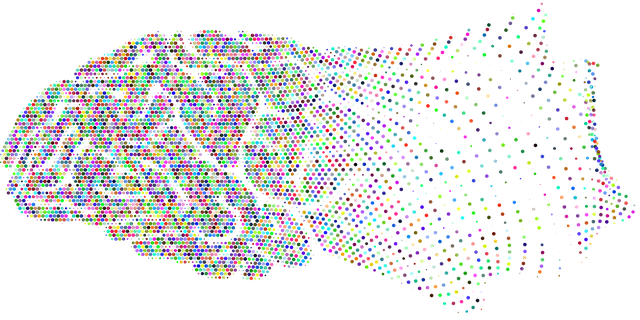Mental health advocacy in Denver, driven by centers like Denver Domestic Violence Therapy (DDVT), is transforming communities by raising awareness, fighting stigma, and offering specialized services for domestic violence victims. DDVT's holistic approach includes trauma recovery, self-esteem building, and education campaigns to normalize conversations about emotional well-being. Through multi-faceted initiatives, including community programs and healthcare provider training, Denver fosters resilience, builds trust, and ensures access to mental health resources, creating a healthier and more supportive environment for all.
Mental health advocacy initiatives play a crucial role in fostering inclusive communities. This article delves into the significance of such efforts, highlighting various strategies and real-world examples, including Denver Domestic Violence Therapy—a community outreach program making a tangible impact.
We explore how these initiatives navigate complex issues, providing essential support and resources to those struggling with mental health challenges. By understanding their role in society, we can enhance our approach to creating a more compassionate and responsive environment.
- Understanding Mental Health Advocacy: The Role in Society
- Denver Domestic Violence Therapy: A Case Study in Community Outreach
- Strategies for Effective Mental Health Advocacy Initiatives
Understanding Mental Health Advocacy: The Role in Society

Mental health advocacy plays a pivotal role in fostering societal change and improving access to care. It involves raising awareness, promoting understanding, and fighting stigma associated with mental health issues. Advocates work tirelessly to ensure that everyone, regardless of background or circumstances, has the support and resources needed for their emotional well-being promotion techniques. In Denver, domestic violence therapy centers have emerged as crucial safe spaces where individuals can begin their journey towards healing, offering a range of services tailored to address unique challenges.
By advocating for mental health, communities create an environment conducive to early intervention and prevention. This includes educating the public on recognizing warning signs, normalizing conversations about mental health, and ensuring appropriate resources are available. In light of this, risk management planning for mental health professionals becomes essential to safeguard both practitioners and clients during high-risk situations. Through advocacy, we not only improve individual lives but also contribute to stronger, more resilient communities where emotional healing processes can thrive.
Denver Domestic Violence Therapy: A Case Study in Community Outreach

Denver Domestic Violence Therapy (DDVT) stands as a shining example of community outreach and mental health advocacy. Founded with the goal of addressing intimate partner violence, DDVT has expanded its services to include a holistic approach to well-being, encompassing not just trauma recovery but also self-esteem improvement and social skills training. This comprehensive strategy recognizes that mental health is deeply intertwined with societal issues like domestic violence.
Through innovative programs tailored to diverse communities, DDVT offers safe spaces where individuals can heal and grow. Their successful outreach initiatives have significantly reduced the stigma associated with seeking therapy, encouraging more people to prioritize their mental health. By focusing on prevention through education and awareness campaigns, DDVT not only aids in depression prevention but also fosters a culture of resilience and empowerment, ultimately transforming lives and strengthening communities in Denver.
Strategies for Effective Mental Health Advocacy Initiatives

Mental health advocacy initiatives require a multifaceted approach to achieve meaningful impact and effect positive change. One key strategy is resilience building through community-based programs that empower individuals to navigate mental health challenges with strength and coping mechanisms. These initiatives can take various forms, such as support groups, education workshops, or therapeutic activities, aimed at fostering emotional regulation skills essential for overall well-being.
Additionally, healthcare provider cultural competency training plays a crucial role in effective advocacy. By educating medical professionals on diverse cultural perspectives and mental health expressions, we ensure that services are accessible, sensitive, and tailored to the unique needs of different communities, including those seeking Denver Domestic Violence Therapy. This approach not only improves service delivery but also promotes trust and engagement within underserved populations, ultimately strengthening the overall mental health advocacy movement.
Mental health advocacy initiatives, like Denver Domestic Violence Therapy, play a pivotal role in fostering inclusive communities. By understanding the societal need and employing effective strategies, we can revolutionize mental healthcare access. These initiatives not only raise awareness but also provide crucial support to those facing challenges. Through collaboration and innovative outreach, it’s possible to create a symphony of change, ensuring that everyone has the opportunity to dance towards better mental health.














